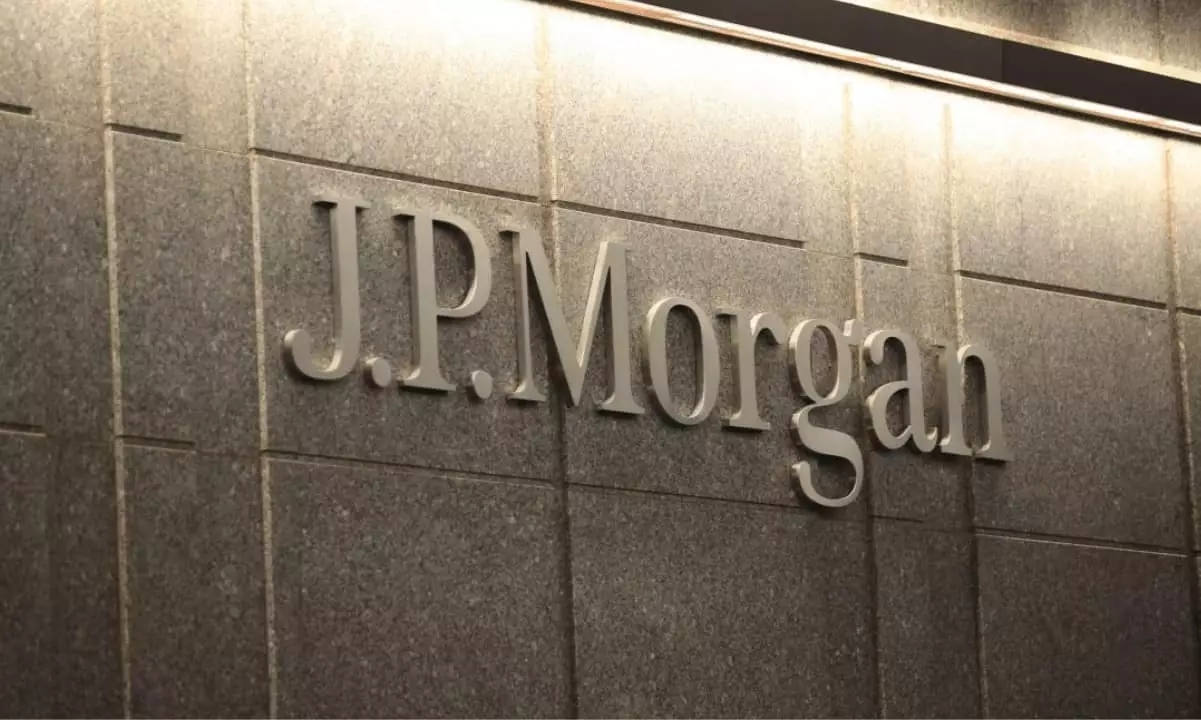Once outspokenly dismissive of cryptocurrency’s legitimacy, JPMorgan now appears poised to embrace the digital asset revolution— albeit in a cautious, arguably opportunistic manner. This apparent contradiction highlights a broader truth about the financial industry’s oscillation between caution and greed. Initially, CEO Jamie Dimon’s dismissive comments, branding Bitcoin as a “fraud” and associating it with illicit activities, reflected a desire to protect traditional banking interests from disruptive competitors. Yet, the undeniable rise of crypto’s influence has forced even the most skeptical giants into reconsideration. Now, JPMorgan considers offering loans secured by crypto assets, a move that signals both adaptation and a potential gamble with systemic implications.
This pivot underscores a troubling trend: the desperation of old-line banks to cling onto relevance amid seismic shifts in financial technology. While it’s alluring to view innovation as progress, JPMorgan’s openness to crypto-backed loans could serve as a Trojan horse—transforming volatile digital assets into seemingly legitimate collateral, and thereby entrenching their risky appeal. It also suggests a subtle shift in Dimon’s personal stance—once dogmatic in opposition but now somewhat more tolerant. Nevertheless, the underlying question remains: can banking institutions that once dismissed cryptos as reckless really mitigate the inherent risks, or are they merely chasing profits at the expense of financial stability?
Cryptocurrency’s Political and Regulatory Crossroads
The evolving legal landscape facilitates this risky transition. Recent legislative actions, such as the U.S. House’s approval of stablecoin regulation and the Federal Reserve’s relaxation of crypto-related restrictions, have created an environment more conducive to mainstream acceptance. While this signals a form of cautious optimism, it also masks the underlying uncertainties surrounding regulatory enforcement and oversight. It’s not just about legitimizing digital assets but about ensuring they don’t become conduits for illicit activities like money laundering or fraud.
JPMorgan’s move to accept crypto assets as collateral raises major compliance concerns. How will the bank prevent these assets from being exploited by criminal elements? Managing seized crypto collateral, especially in default scenarios, introduces operational complexities that many institutions are ill-prepared to handle. These risks are compounded by the inherent volatility of cryptocurrencies; the idea of extending loans against assets that can skyrocket or plummet within hours is inherently destabilizing. Yet, the push to normalize crypto lending suggests a belief—perhaps misguided—that the potential rewards outweigh the pitfalls.
The Double-Edged Sword of Crypto Adoption in Traditional Banking
For opponents, crypto-backed loans represent a dangerous gamble that could destabilize financial institutions. Banks thrive on stability and predictability—concepts that cryptocurrencies fundamentally threaten due to their wild price swings and lack of intrinsic backing. JPMorgan’s willingness to loan against these assets suggests a strategic desperation to stay relevant in a rapidly changing market, risking the institutional reputation for short-term gains.
On the other hand, this move could be seen as a pragmatic acknowledgment of crypto’s permanence. It reflects an understanding that tomorrow’s financial ecosystems will be deeply intertwined with digital assets. Yet, if history is any guide, reckless adoption fueled by greed can have catastrophic consequences. When banks extend credit based on assets whose value can evaporate overnight, the entire financial system becomes more fragile, not more resilient.
Risks Beyond the Balance Sheet
Perhaps most troubling is what this signifies about the future of banking and the rule of law. Moving into crypto-backed loans is not just an extension of traditional credit processes; it’s a step into uncharted territory fraught with technical, legal, and moral pitfalls. JPMorgan and its peers need to confront the uncomfortable reality that their foray into crypto financing entails exposure to hacking, fraud, and regulatory crackdowns.
Furthermore, such practices could erode public trust if they lead to a wave of defaults and losses. The seductive allure of profits from crypto may blind banks to the long-term peril—namely, that they’re facilitating a financial wild west that is fundamentally incompatible with the stability and security traditional banking promises. If these institutions aren’t careful, they might find themselves victims of their own hubris—uncertain whether they’re innovating or simply gambling with depositors’ savings in the hope of the next big crypto boom.


Leave a Reply